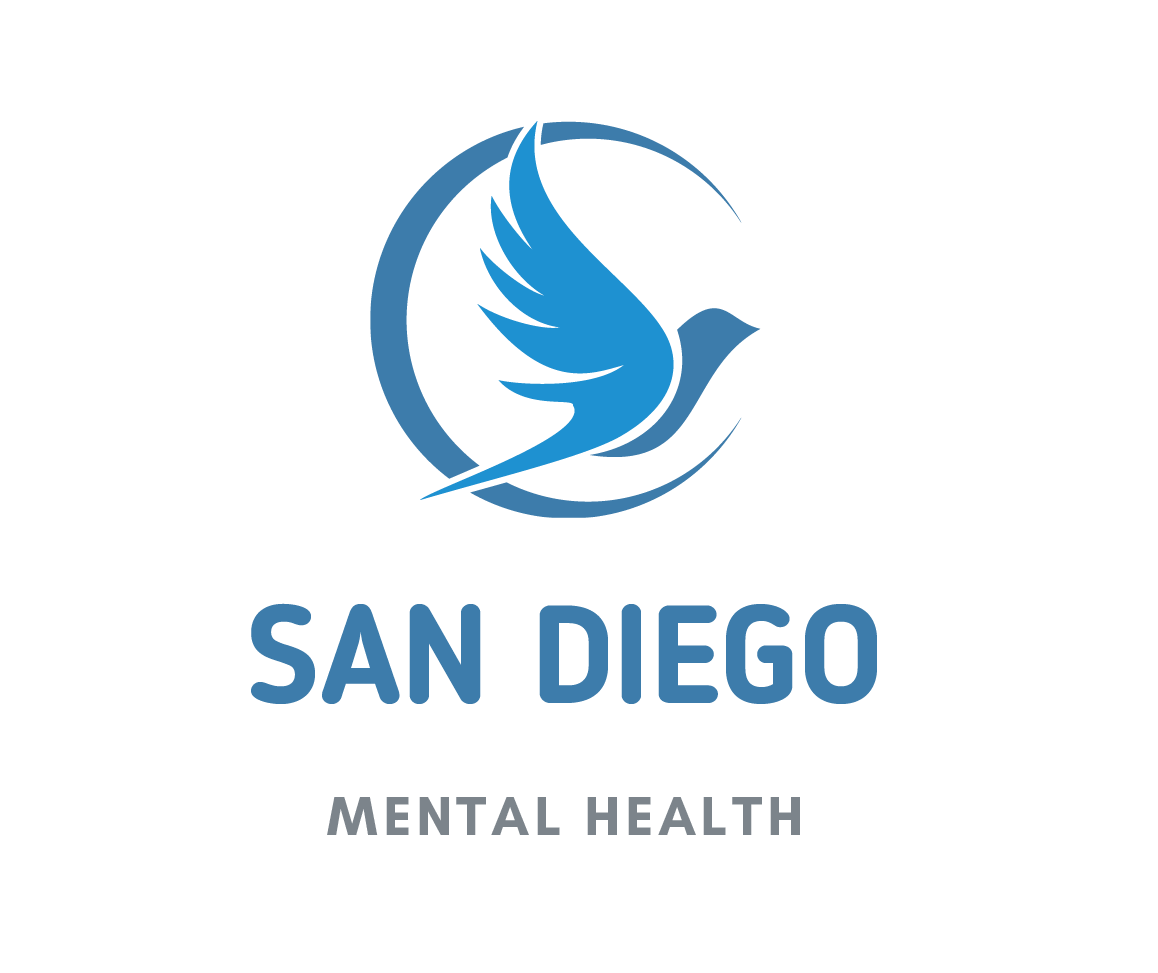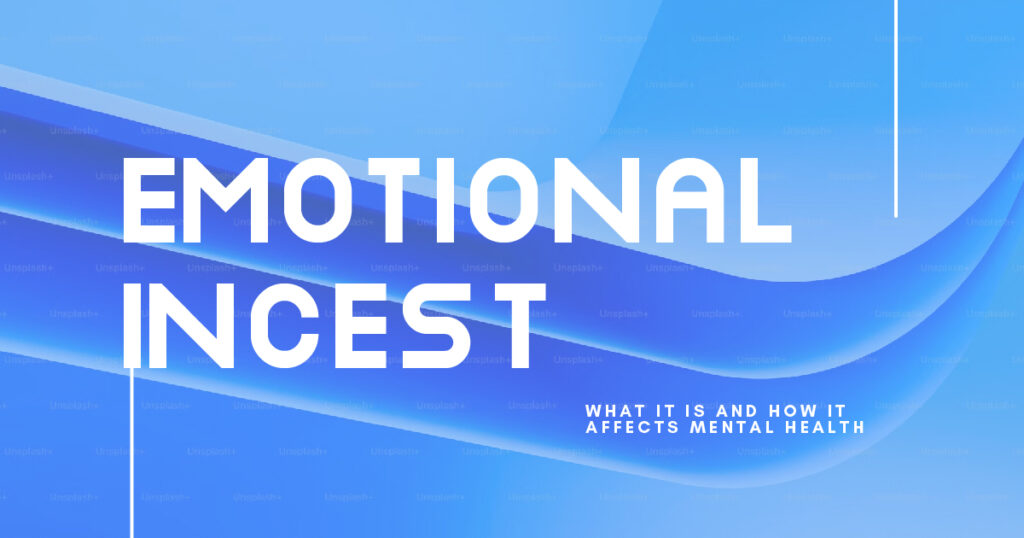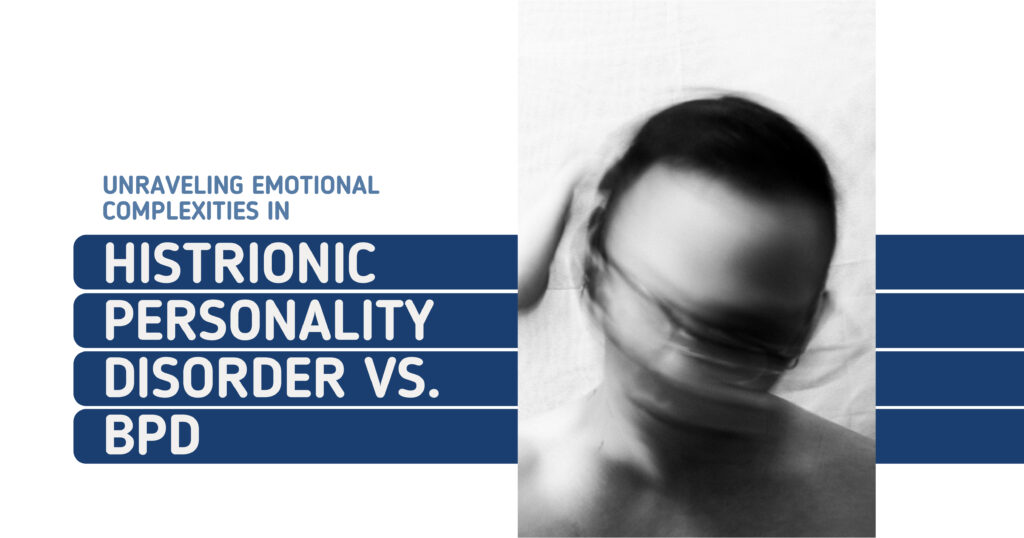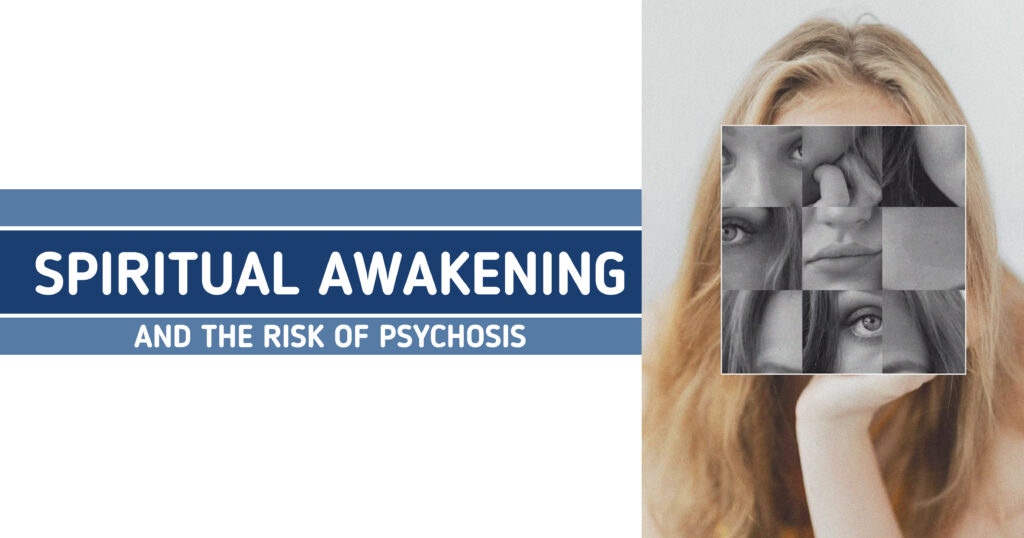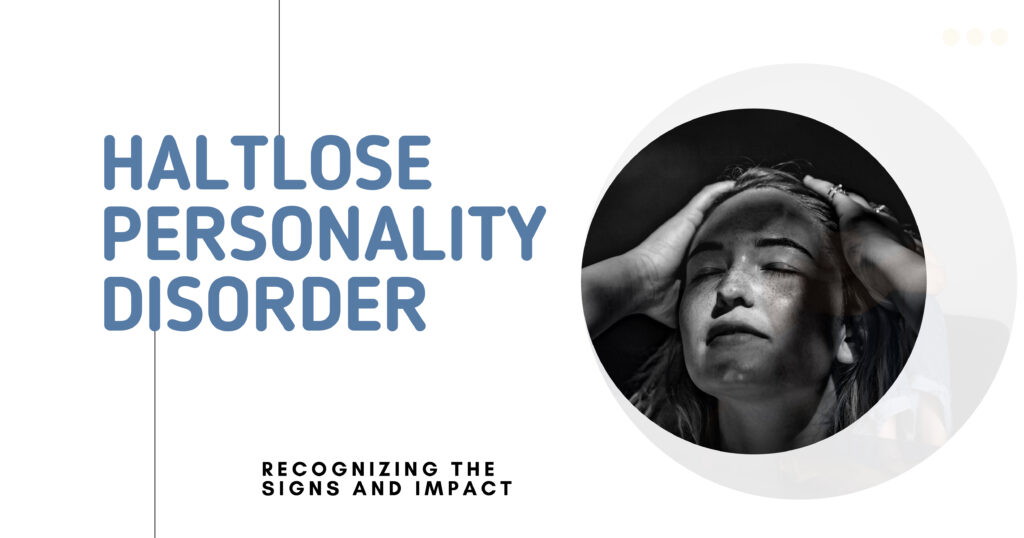Many people share a close bond with their parents, but sometimes, this relationship crosses into unhealthy territory. Emotional incest occurs when a parent depends on their child for emotional support in a way that blurs parental boundaries. Instead of being a caregiver, the parent treats the child as a partner, therapist, or confidant.
Unlike physical abuse, covert emotional incest is harder to recognize, often disguised as deep love and connection. Parents may not realize the harm, but for the child, it can lead to guilt, anxiety, and fear of abandonment issues that persist into adulthood, affecting relationships and self-worth.
This article explores emotional incest syndrome, its signs, and how it differs from a healthy parent-child bond. We’ll also cover emotional incest examples and, most importantly, discuss how to heal from emotional incest by setting boundaries and reclaiming emotional independence.
Defining Emotional Incest and Its Impact on Mental Health
San Diego Mental Health
What is Emotional Incest?
Emotional incest occurs when a parent turns to their child to meet the emotional needs that an adult relationship should fulfill. This might include confiding in the child about deeply personal issues, seeking their validation or comfort, or treating them as a stand-in for a romantic partner.
The child, in turn, feels responsible for their parent’s emotional well-being and may grow up believing they must sacrifice their own needs to keep their parent happy.
Unlike a healthy bond between parent and child, this relationship places an unfair emotional burden on the child, forcing them into a role that does not allow them to develop a separate identity. The long-term effects of emotional incest syndrome can include difficulty forming healthy relationships, struggles with self-worth, and an ongoing fear of disappointing or abandoning others.
How Emotional Incest Differs From Healthy Parent-Child Relationships
A strong relationship between a parent and child is essential, but covert emotional incest blurs boundaries and makes the child responsible for the parent’s emotional well-being. In a healthy relationship, parents provide love, guidance, and emotional support while allowing their child to grow independently. The parent takes on the role of protector and mentor without expecting the child to take care of them emotionally.
In contrast, emotional incest shifts the balance of the relationship. A parent may turn to their child for emotional validation, lean on them for support during difficult times, or make them feel guilty for wanting independence.
For example, a parent going through a divorce might rely on their child for emotional comfort, discussing intimate details of the breakup instead of seeking support from other adults. While the child may feel important or unique at the moment, they eventually experience anxiety, guilt, and pressure to fulfill a role they were never meant to have.
Emotional Incest Signs and Examples
Recognizing the Signs of Emotional Incest
Many people who have experienced emotional incest syndrome do not recognize it until adulthood. They often struggle with feelings of guilt when trying to set boundaries, experience anxiety in relationships, or feel emotionally exhausted by the demands of others. Some individuals grow up believing their value lies in caring for others, leading to codependency and self-neglect patterns.
The most common emotional incest signs include feeling emotionally responsible for a parent’s happiness, struggling to say no to them, and experiencing guilt over pursuing independence.
The child may also be placed in a role where they are treated as more of an emotional equal than a dependent, expected to listen to adult problems, offer advice, or comfort the parent in times of distress. Over time, this can create significant psychological burdens, making forming healthy boundaries in other relationships difficult.
Common Examples of Emotional Incest in Families
There are many ways emotional incest can manifest within a family. A father confiding in his teenage daughter about his failing marriage and relying on her for emotional support is a clear example.
A mother who discourages her son from dating because she fears being left alone also engages in this behavior. Some parents elevate one child above the others, treating them as their “special” child and making them feel responsible for their parent’s happiness.
In each of these cases, the child feels obligated to fulfill an emotional role that should be handled by an adult. This dynamic can make it difficult for them to recognize healthy relationships later in life, as they are conditioned to put others’ needs above their own.
Covert Emotional Incest: The Subtle Yet Harmful Effects
Why Covert Emotional Incest is Hard to Recognize
One of the most challenging aspects of covert emotional incest is that it often goes unnoticed. Unlike physical or sexual abuse, this type of boundary violation is hidden under the guise of affection and closeness.
A child growing up in this environment may feel chosen or special, believing their relationship with the parent is unique. However, as they age, they may struggle with relationships, feel overwhelmed by emotional responsibility, or experience deep-seated guilt when trying to gain independence.
Emotional Incest Syndrome and Its Psychological Impact
The long-term effects of emotional incest syndrome can be severe. Many individuals who grew up in these environments experience anxiety, depression, low self-esteem, and difficulty setting boundaries in their personal lives. They often feel guilty when asserting their needs because they were conditioned to prioritize their parent’s emotions.
This can lead to patterns of codependency, where they continue seeking relationships in which they play the caretaker role. Healing from emotional incest requires unlearning these patterns and recognizing that it is not selfish to prioritize personal well-being.
San Diego Mental Health
How to Heal From Emotional Incest and Set Boundaries
Recovery begins with acknowledging that emotional incest occurred and understanding how it has shaped personal behaviors. Setting boundaries is crucial, even if it feels uncomfortable at first.
Many individuals who have experienced covert emotional incest struggle with saying no, fearing they will disappoint or hurt their parents. However, learning to prioritize one’s emotional health is a vital step toward healing.
Developing a strong sense of self is also essential. Many survivors of emotional incest syndrome have difficulty identifying their desires and needs because they are conditioned to prioritize others. Therapy, journaling, and engaging in personal interests can help rebuild a sense of identity separate from parental expectations.
Therapy Approaches for Overcoming Emotional Incest Trauma
Therapy is one of the most effective ways to recover from emotional incest. Cognitive Behavioral Therapy (CBT) can help reframe negative thought patterns, while Inner Child Healing can assist in addressing the emotional wounds left by an enmeshed parent-child dynamic. Family Systems Therapy is another beneficial approach, helping individuals understand how their family structure shaped their behaviors and emotions.
Understanding how to heal from emotional incest takes time, but with the proper support, individuals can break free from these harmful patterns and form healthier, more balanced relationships.
Find Support With San Diego Mental Health
If you have experienced emotional incest, you don’t have to navigate the healing process alone. At San Diego Mental Health, we offer compassionate therapy and support to help individuals break free from toxic emotional patterns and develop healthier relationships.
FAQs
What are the signs of emotional incest?
Emotional incest signs include a child feeling responsible for a parent’s emotional well-being, being treated as a confidant, and experiencing guilt when setting boundaries. Parents may overshare personal struggles, discourage independence, or expect emotional support, creating long-term emotional confusion.
How does emotional incest affect mental health?
Emotional incest syndrome can lead to anxiety, depression, codependency, and difficulty setting boundaries. Individuals often struggle with self-worth, people-pleasing tendencies, and unhealthy relationship dynamics, feeling emotionally drained by the need to support others constantly.
What are examples of emotional incest in families?
Emotional incest examples include a parent relying on a child for emotional support instead of another adult, discouraging the child’s independence, or making them feel guilty for prioritizing their own needs. A child may also be treated as a substitute partner, leading to emotional enmeshment.
How can therapy help heal from emotional incest?
Therapy helps individuals understand how to heal from emotional incest by addressing unhealthy patterns, developing boundaries, and prioritizing self-care. CBT, Inner Child Healing, and Family Systems Therapy can reshape thought patterns, reduce guilt, and foster emotional independence.
San Diego Mental Health
What are the long-term effects of emotional incest syndrome?
The effects of covert emotional incest include chronic guilt, codependency, low self-worth, and difficulty in relationships. Healing requires conscious effort, therapy, and support to break unhealthy patterns and build a stronger sense of self.

